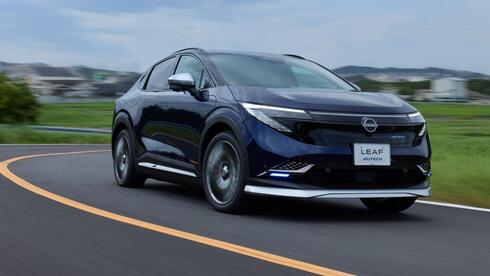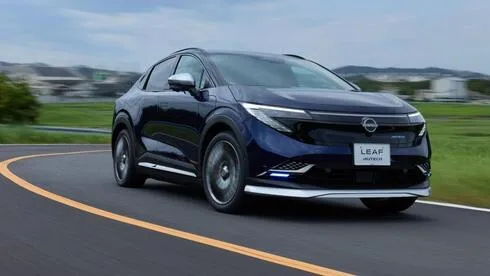
Nissan, once a pioneer in the electric vehicle market, is now reportedly turning to Chinese automaker BYD to purchase carbon credits, as the Japanese company struggles to meet increasingly strict European Union pollution regulations.
According to a report by Automotive News, Nissan plans to buy carbon credits from BYD, which manufactures primarily electric vehicles, to offset its own fleet’s average emissions. The move comes as Nissan faces mounting pressure to comply with EU targets or face steep financial penalties.
The carbon credit system allows automakers whose fleets emit above the EU’s limits to buy offsetting credits from lower-emitting manufacturers. These credits, which are traded between companies, serve a dual function: punishing polluters financially while incentivizing cleaner automakers—without direct public expenditure.
Nissan currently purchases credits from its longstanding alliance partner Renault, and previously from Mitsubishi. BYD, however, is reportedly able to offer the credits at a lower cost, making it a more attractive option for the Japanese manufacturer. Nissan declined to comment on the report.
The development highlights a reversal of roles in the global EV market. In August 2009, Nissan made headlines with the debut of its Leaf electric hatchback—the first mass-market EV of its kind—seven years before Tesla introduced its Model 3. But while competitors raced ahead over the past decade, Nissan was slowed by budgetary issues and management challenges, causing it to fall behind in electrifying its lineup.
Now, the company is scrambling to adapt. According to European sales data from Dataforce, Nissan delivered just 13,103 electric vehicles in the EU over the first eight months of 2025—most of them the Ariya crossover, with the remainder being the outgoing Leaf model. In contrast, BYD sold over 95,000 vehicles during the same period in Europe, 60% of them fully electric and the rest plug-in hybrids.
Nissan is betting on a fresh start with a new generation of the Leaf, redesigned as a crossover SUV to better match market trends. The new model is expected to launch in select markets soon, though no date has been announced for a potential rollout in Israel.
In the broader carbon credit market, Tesla remains the leading seller of regulatory credits in both Europe and the U.S., supplying credits to brands including Honda, Toyota, Mazda, Subaru, Suzuki, Ford and all Stellantis marques (Peugeot, Fiat, Chrysler). Mercedes-Benz sells credits in cooperation with Geely, its joint-venture partner in Smart, Volvo and Polestar. Renault Group, BMW, Hyundai-Kia and Volkswagen Group have not disclosed whether they plan to purchase credits in Europe this year.







